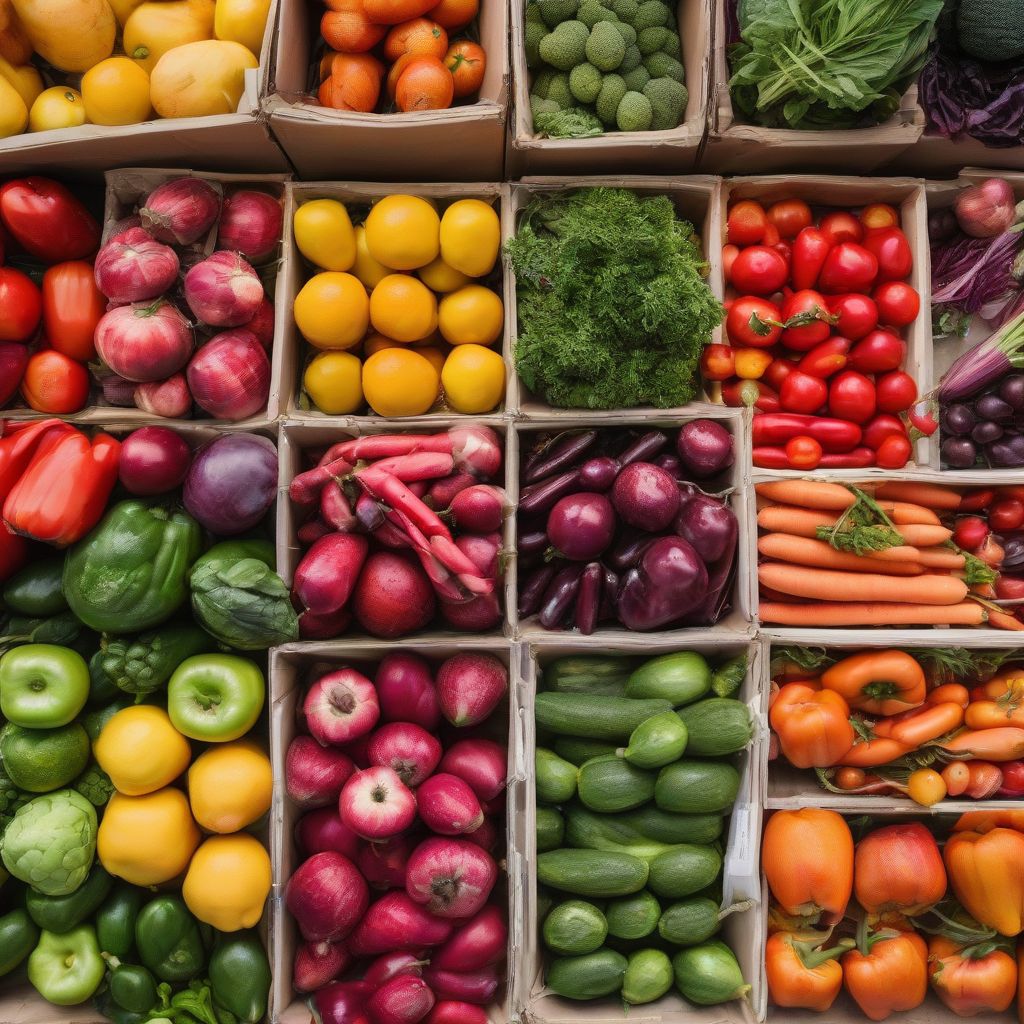Have you ever dreamed of biting into a juicy mango plucked straight from a tree in Thailand, or learning to make pasta from a nonna in Italy? Food travel is an incredible way to experience a culture, but it’s important to do it responsibly. This guide will delve into how to experience sustainable and ethical food travel, ensuring your culinary adventures benefit both you and the communities you visit.
What is Sustainable and Ethical Food Travel?
Sustainable and ethical food travel goes beyond simply enjoying delicious meals in new destinations. It’s about minimizing your environmental impact, supporting local economies, and respecting cultural traditions. Think of it as savoring the present while protecting the future of food and travel. It’s about asking questions, making conscious choices, and ensuring your culinary footprint is a positive one.
Minimizing Your Environmental Impact
One key aspect of sustainable food travel is reducing your carbon footprint. Consider traveling slower, opting for train journeys or exploring a region more thoroughly instead of hopping between multiple destinations. Look for eco-friendly accommodations and tour operators committed to sustainable practices. And remember, reducing food waste is crucial. Don’t over-order, and take leftovers with you whenever possible.
 Local produce at the market
Local produce at the market
Supporting Local Economies
Ethical food travel means directing your spending towards local businesses. Choose family-run restaurants, farmers’ markets, and local food producers. This ensures your money goes directly to the community, supporting their livelihoods and preserving their unique culinary heritage. It’s also a fantastic way to discover authentic flavors and learn about traditional cooking methods. Consider taking a cooking class from a local chef or visiting a community-supported agriculture (CSA) farm.
Respecting Cultural Traditions
When indulging in culinary experiences, be mindful of local customs and traditions. Research dining etiquette and dress codes beforehand. Ask questions about the food and its significance, showing genuine interest in the culture. Be open to trying new things, even if they seem unfamiliar, and remember to be respectful of those who produce and prepare your food.
Practical Tips for Sustainable and Ethical Food Travel
Here are some actionable tips to help you plan your next culinary adventure responsibly:
Research and Plan Ahead
Before you go, research restaurants, markets, and food experiences that prioritize sustainability and ethical practices. Look for certifications like Fair Trade or organic labels. Read reviews and look for businesses committed to local sourcing and community engagement.
Eat Local and Seasonal
Embrace the flavors of the region by choosing locally sourced and seasonal produce. This reduces the environmental impact of transporting food long distances and supports local farmers. Ask your waiter or market vendor about what’s in season and try something new.
Reduce Food Waste
Be mindful of portion sizes and avoid over-ordering. If you have leftovers, ask for a takeaway container or consider packing your own reusable one. Composting is also a great way to reduce food waste if your accommodation offers it.
Choose Sustainable Transportation
Opt for walking, cycling, or public transportation whenever possible. If you need to rent a car, consider an electric or hybrid vehicle. For longer distances, explore train travel as a more sustainable alternative to flying.
Support Fair Trade Practices
Look for Fair Trade certified products, particularly coffee, chocolate, and tea. This ensures that producers receive fair prices for their goods, promoting ethical working conditions and sustainable farming practices.
Engage with the Community
Participate in local food tours, cooking classes, or farm visits to learn about the culture and connect with the people behind the food. This is a wonderful way to gain a deeper understanding of the local food system and support the community directly.
Carry a Reusable Water Bottle and Utensils
Reduce plastic waste by carrying your own reusable water bottle and utensils. This simple step can make a significant difference, especially in areas where plastic pollution is a concern.
Be a Conscious Consumer
Think about the impact of your choices. Ask questions about where your food comes from and how it’s prepared. Support businesses that align with your values and avoid those that engage in unsustainable or unethical practices.
The Future of Food Tourism
As travelers become increasingly aware of the impact of their choices, the demand for sustainable and ethical food experiences is growing. The future of food tourism lies in embracing responsible practices, supporting local communities, and preserving culinary heritage for generations to come. See: The Future of Food Tourism and Culinary Travel Trends
By following these tips, you can savor the delights of culinary travel while contributing to a more sustainable and ethical future for food and tourism.
Conclusion
Experiencing sustainable and ethical food travel is about more than just enjoying delicious meals; it’s about making conscious choices that benefit both the traveler and the communities they visit. By supporting local businesses, minimizing our environmental impact, and respecting cultural traditions, we can ensure that our culinary adventures are enriching and responsible. Remember, every bite we take can be a step towards a more sustainable and equitable world.
We encourage you to share your own experiences and tips for ethical food travel in the comments below. Let’s continue the conversation and inspire each other to explore the world through food, responsibly. For more insights into the future of culinary experiences, check out our articles on Interactive Culinary Experiences and the Role of Local Markets.



